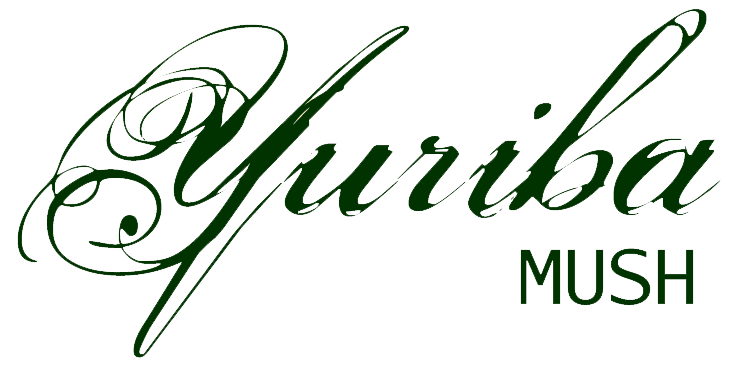Rusty Thrush
The Rusty Thrush is essentially Yuriba's Robin, a grass loving songbird.
Description
Many visitors from places that could be considered North America on earth are quick to call the Rusty Thrush a Robin, and pictures have proven the two birds to be remarkably similar. The head of the bird varies from jet black to gray, with white eye arcs, a white throat with thick black streaks, and white undersides to the wing and tails. The Rusty Thrush, like the Robin, has a brown to greyish back, and a rusty-red breast. It's here that it begins to vary from the Robin of other lands; where the Robin's breast varies from maroon to almost peachy, the Rusty Thrush is always the same rusty-red color with the darkest part being the very underside of the stomach. The song of the Robin is also significantly different from the Rusty Thrush; where the Robin has a long, varied song, the Rusty Thrush has a smaller variety of tones and units, and it's song has distinct pauses rather than a continued, sustained carol.
Habitat, Behavior and Diet
Found mostly in grassland and thin forest, the Rusty Thrush tends toward bushes and old forest where the trees are large and well apart for it's nesting sites, building a very carefully constructed nest of straw and grass, lining the nest with it's own feathers. Polyamorous, the birds often raise several broods in a year, each with a different mate, occasionally with multiple nests and eggs with different mates at the same time. Somewhat communal, the Rusty Thrush has been observed pausing in it's foraging early in the nesting season to check on the condition of a nest another bird isn't currently tending to even if its not its own, and if required, will rest on the eggs if it deems them too cool. This behavior is most commonly exhibited by the 'dominant' bird that has several nests, it not being the one to typically spend the most time on the eggs. The birds have also been observed assisting the other birds which mated with the 'dominant' bird, or even adopting orphaned nests and fledglings.
Mainly active during the day, its song is a commonly heard tune early in the mornings as the dominant bird of a group sings from a high perch, the birds frequently twittering and singing in communication with each other when they aren't busy foraging. The Rusty Thrush has an omnivorous diet of mainly fruits and berries, and during the warmer months hunts mainly invertebrates, grasshoppers, worms, caterpillars and grubs. A significant fan of the native Sun Berry and Passionberries, the Rusty Thrush seems well tuned to when the fruit is ripe. However, it shows a tendency to wait for the berries to nearly ferment on the bush before eating them, exhibiting intoxicated behavior if enough of the berries are consumed, like falling over while trying to walk and being unable to sing in a coherent song. Owners of multiple berry bushes often leave a level of berries on the bottom of each bush for the birds, finding this behavior both fun to observe and ultimately beneficial to their garden, since the presence of the bushes attracts the birds to spend time eating the insects which are considered pests to the gardeners while they wait for the berries to over-ripen.
When winter falls, the Rusty Thrush join into large, relatively quiet flocks, migrating into the deeper forests and the mountain foothills. Their song quieted for the season, the birds mainly twitter softly to each other while roosted in the trees, little other sound as they forage through the forest for seed and dried berries. Bonds are commonly forged during this time period which lead to new nesting partners when the spring comes.
Since the Village's Founding
The founding of Yuriba Village has proven to be something of a boon for the species. The tended to lawns, gardens and care for the forest has created ideal foraging and nesting habitat for the birds, leading to a significant presence within the village boundaries. Favoring the lawns and groomed parkland, they have become a familiar sight and sound for the residents, and their bold nature allows for easy birdwatching and observation.
